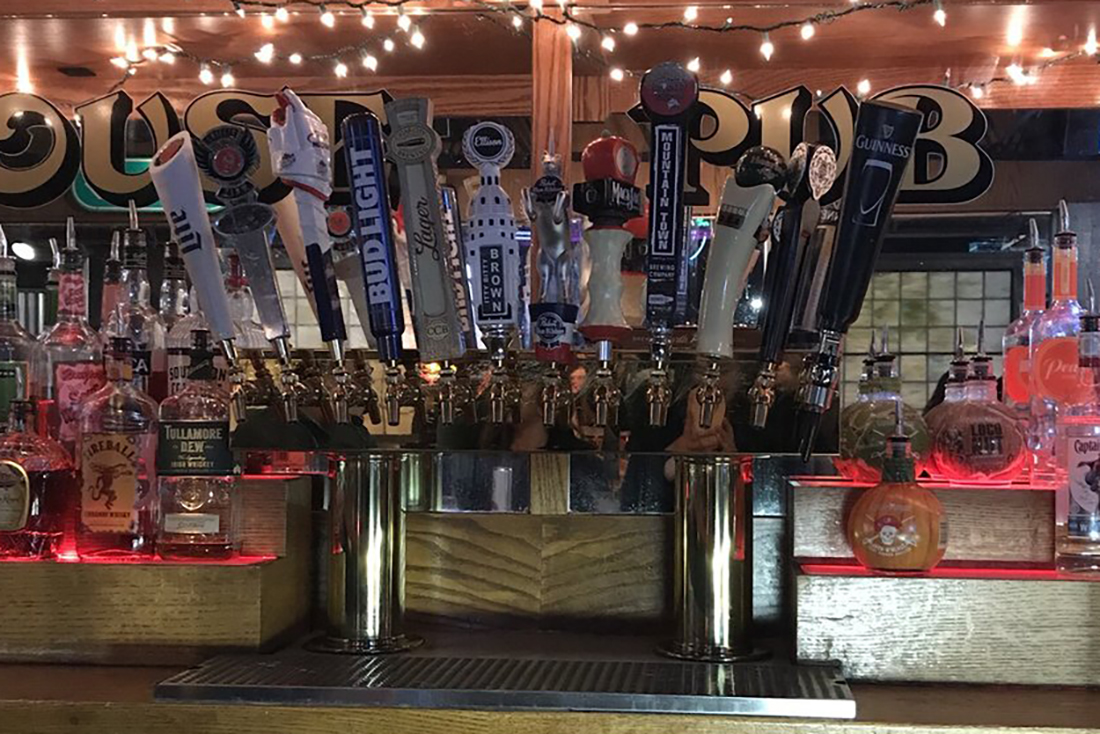Age of Onset and Delay to First Intoxication: College Students
Citation:
Results
An earlier AO and/or a shorter delay was associated with increased frequency of heavy drinking and problems during senior year of college. Although individuals with a later AO and/or a longer delay were at lower risk overall, they showed larger increases in heavy drinking and problems over time.
Conclusions
The findings highlight the importance of distinguishing between AO and delay to first intoxication. Delay accounted for unique variance in drinking outcomes relative to AO, and the effects of AO were stronger when delay was included as a predictor variable. Results are discussed with regard to potential mechanisms through which an early age of intoxication may confer unique risk relative to AO. The implications for cross-cultural differences in risk for problems attributable to early drinking are also discussed.
Age of Onset and Delay to First Intoxication: High School Students
Citation:
Results
Bivariate correlations indicated that AO was positively correlated with AI and inversely correlated with Delay, the frequency of any drinking, and the frequency of binge drinking. When considered alone, Delay was not significantly correlated with either alcohol use outcome. In contrast, hierarchical regression analyses indicated that when considered in concert, an earlier AO and a shorter Delay were each associated with heavier drinking (any drinking adjusted R2 = 0.08; binge drinking R2 = 0.06, p-values <0.001) beyond demographic characteristics. Two-way interactions among study variables were nonsignificant, suggesting that AO and Delay conferred risk similarly by racial/ethnic status, gender, and grade in high school.
Conclusions
When considered simultaneously, both an early AO and a quick progression to drinking to intoxication appear to be important determinants of high school student drinking. In addition to continuing efforts to postpone AO, efforts designed to delay intoxication may modulate alcohol-related risk associated with early drinking.





